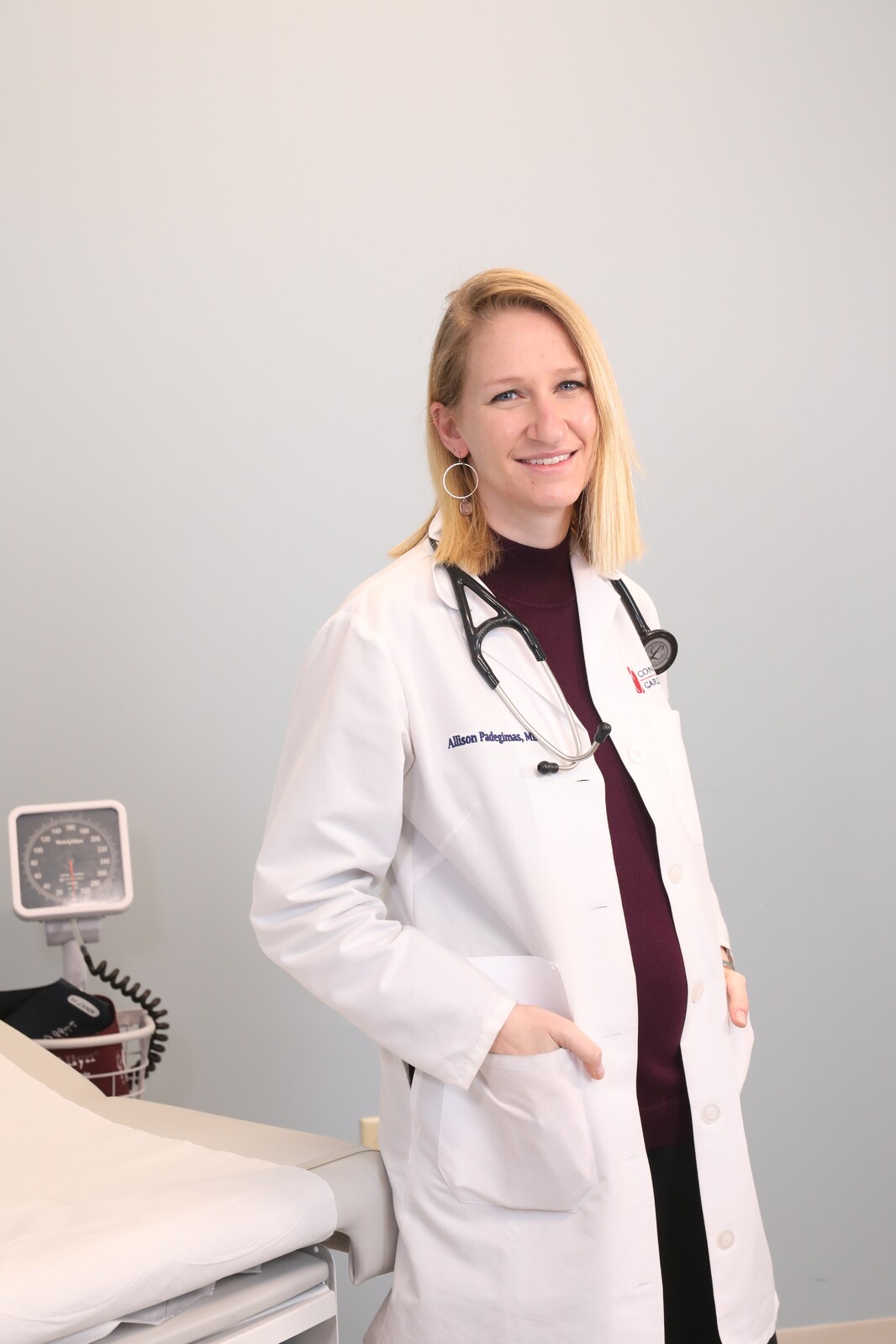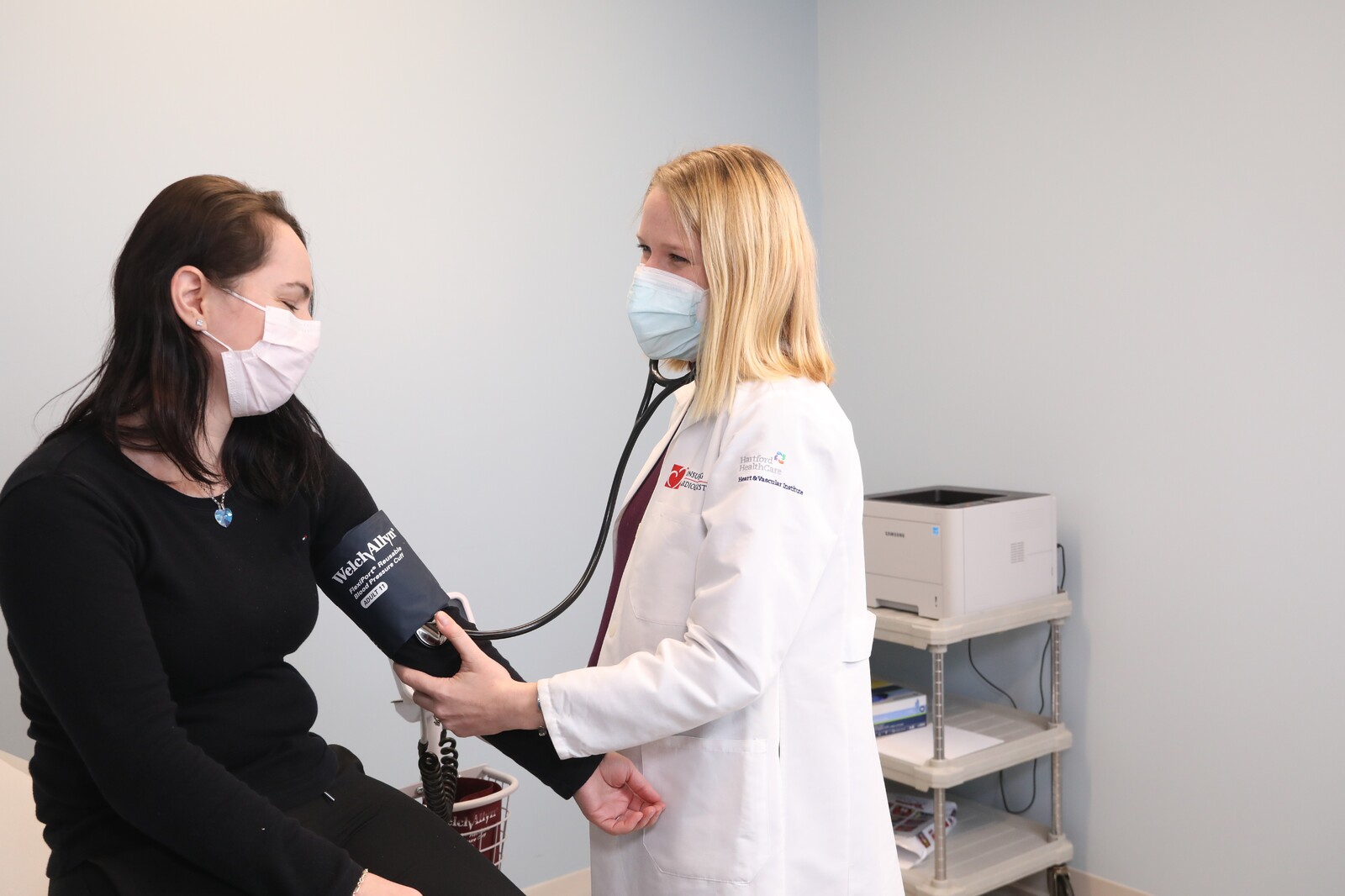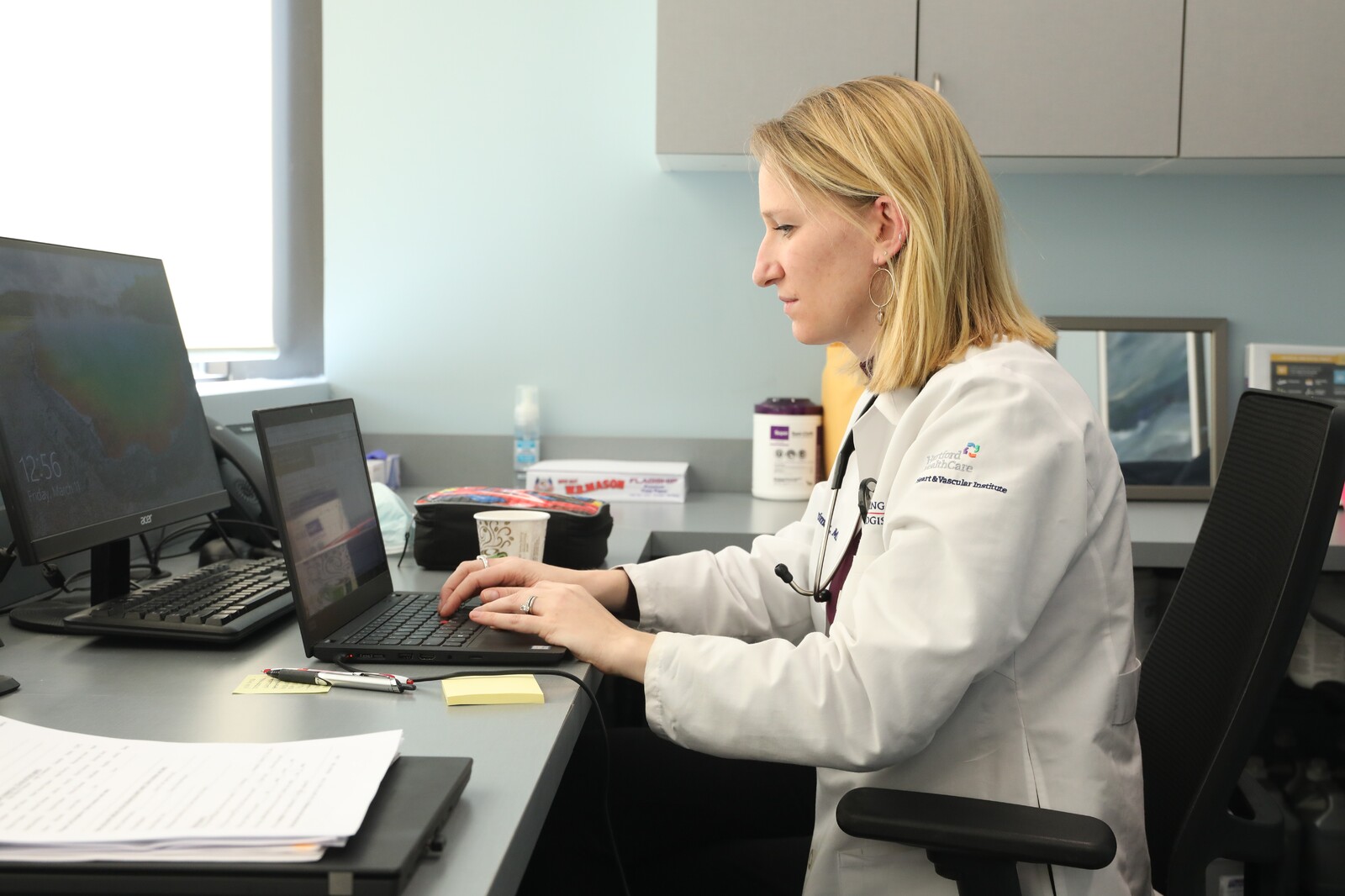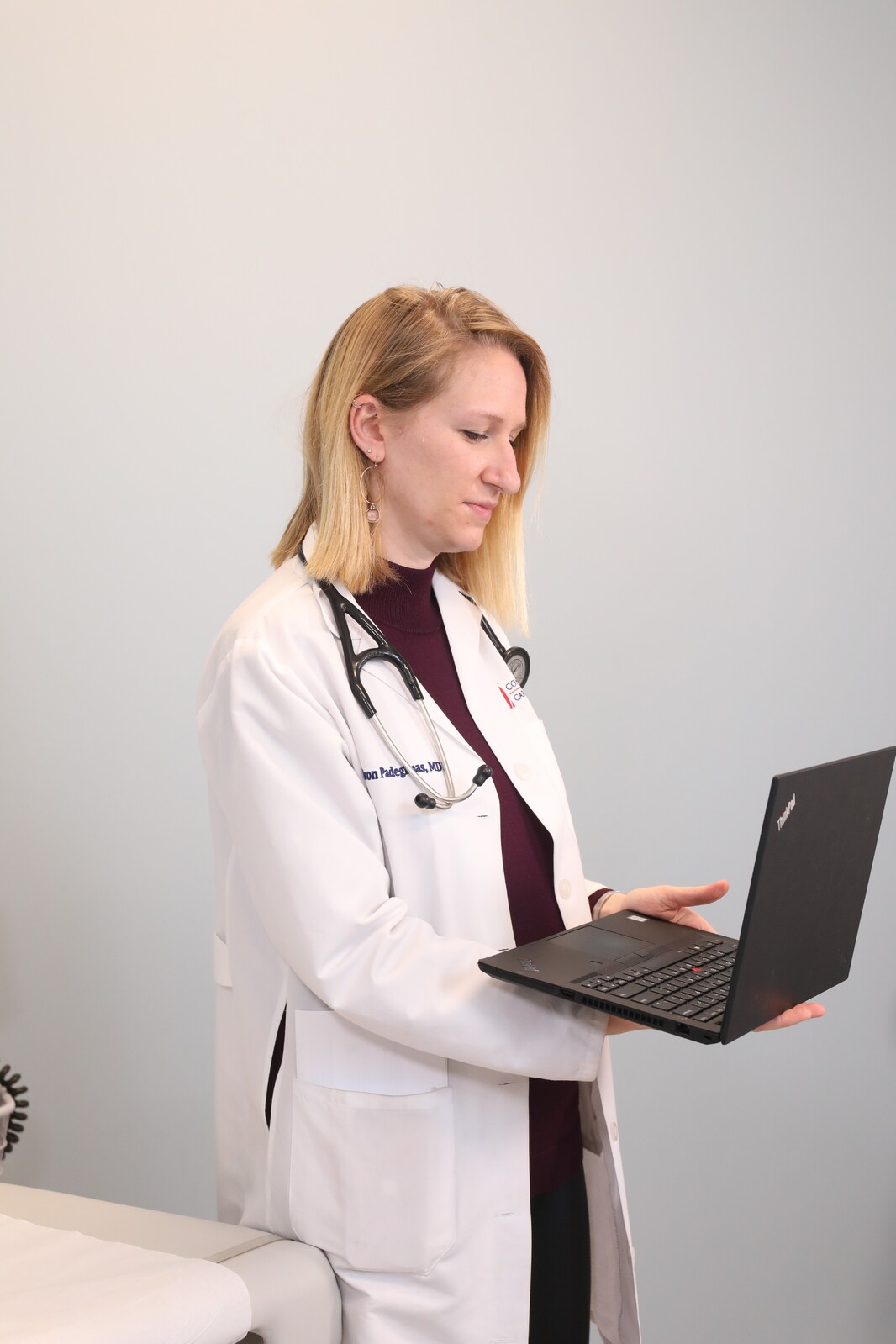Women and Heart Health
Dr. Allison Padegimas specializes in women and heart disease. In this interview with City Lifestyle Magazine, she discusses strategies to avoid heart disease and issues that can specifically impact women.

In the past decade or so women have become more aware of their risk of heart disease. Thanks to increased awareness of the issue, many of us have heard the sobering statistic that heart disease is the number one killer of women.
While breast cancer concerns have been at the forefront of women’s health for decades, in reality, the risk of dying from heart disease far outpaces that of breast cancer.
In fact, heart disease in women accounts for more deaths than nearly all cancers combined, says Dr. Allison Padegimas, of Consulting Cardiologists PC, which has offices across central Connecticut, including one on Western Boulevard in Glastonbury.
“Awareness of heart disease and its causes has been improving, but at the same time the percentage of women who are able to identify heart disease as the number one killer of women is about 50 percent,” Dr. Padegimas says. “Heart disease in women is prevalent across different age categories and races.

One reason so many women don’t understand their own heart health risks, according to the Centers for Disease Control, is that historically men, who traditionally held more high-stress jobs than women – and smoked and drank more – were at the highest risk of the disease.
“Although heart disease is sometimes thought of as a man’s disease, almost as many women as men die each year” from heart illnesses, the CDC says.
While there are some genetic predispositions or underlying medical conditions for heart disease – such as high blood pressure or cholesterol – it’s also an illness that can be managed by lifestyle, Dr. Padegimas says.

The most common type of heart disease is coronary artery disease, (CAD), and it affects the flow of blood to the heart. CAD is caused by plaque buildup in the arteries that supply blood to the heart, causing the arteries to narrow and block blood flow. For some, the first sign of CAD is a heart attack.
Our diets can affect our heart disease risks, Dr. Padegimas says, as well as our lifestyle. Too much alcohol consumption can create toxins that damage the heart. Too little exercise can encourage the buildup of plaque in our arteries, as can a diet rich in fatty, salty foods and heavy in cholesterol.
“But for women, especially, there are times in our life when we’re UNIQUELY susceptible to heart disease” Dr. Padegimas adds.

During pregnancy some women can experience gestational diseases that affect the heart, such as diabetes and hypertension, as well as changes that affect the circulation and blood vessels.
During menopause, many women start experiencing high blood pressure and the loss of estrogen can lead to a higher risk of plaque build up in the arteries. Additionally, an increase of visceral fat in the abdominal cavity – which many women experience later in life – is associated with a higher risk of cardiovascular disease.
Women also don’t often recognize the signs of heart disease. Chest pain, tightness, or pressure, heartburn and shortness of breath, are the most common.
“The symptoms of heart disease can be obvious and at other times they are very vague,” Dr. Padegimas says. “We encourage women to pay attention to any new symptoms they’re having.

There’s testing we can do to make sure your heart is healthy and if you’re having new symptoms you should talk to a doctor about it.”
Getting an annual check up and having your blood pressure taken regularly, is a good way to start assessing your overall heart health, she adds.
“People know their bodies pretty well and they know when there’s something different going on. Women in particular tend to have a nurturing mentality of taking care of everyone else and do not always prioritize focusing on themselves as much, but when it comes to the heart, early detection of disease can save lives and it is always worth paying attention to subtle signs.”
Article by Eileen M. McNamara
Photography by Brian Ambrose